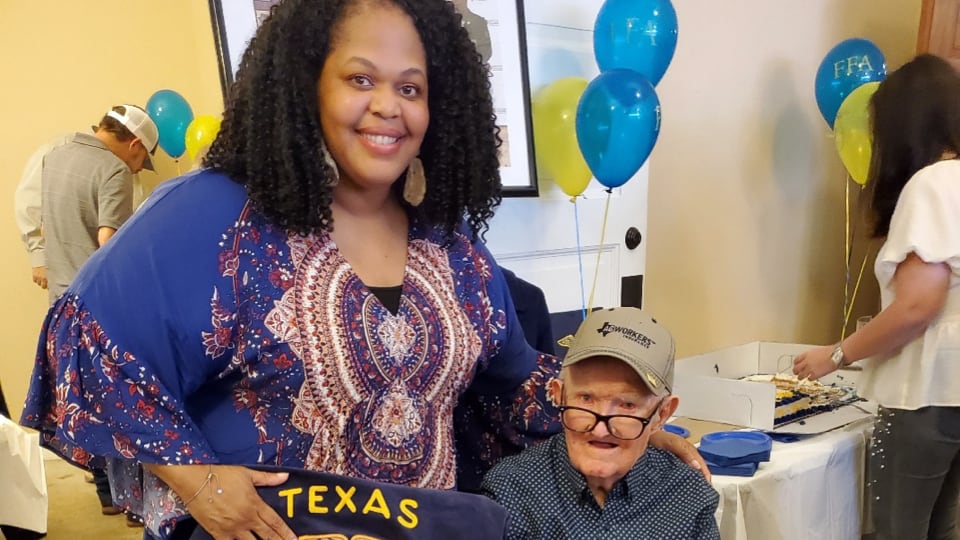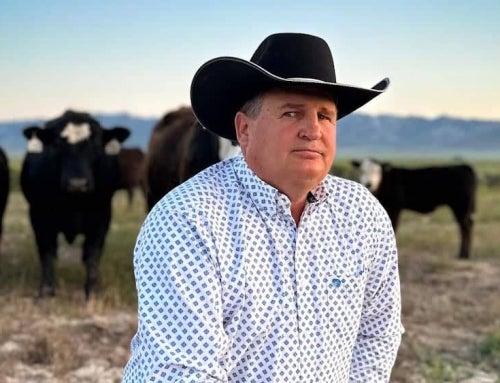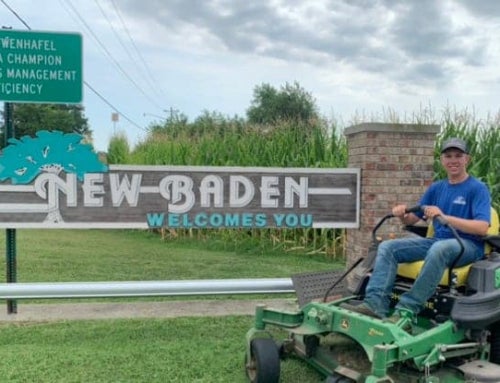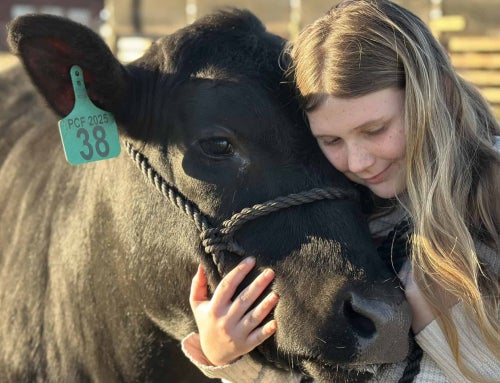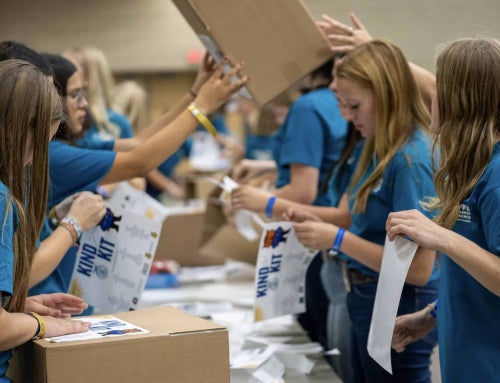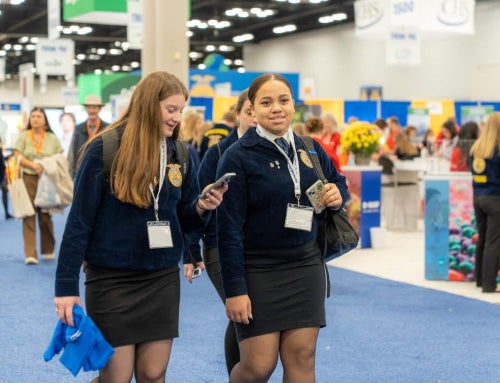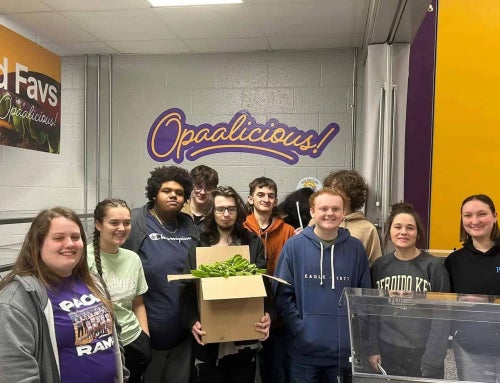College Station, Texas, FFA alumna Benita Hodge (pictured above, with her father’s ag teacher, CJ Hagler, who was inducted into the Agriculture Teachers Association of Texas Hall of Fame) clearly remembers walking across the stage at the 2003 National FFA Convention & Expo to receive her American FFA Degree. She didn’t know she was making history.
“I had no idea I was the first African-American female to receive the American FFA Degree; it was not even a thought in my mind,” Hodge says. “Once I learned I was the first, I was quite shocked. I wondered why no one like me had ever taken this journey.”
Then Hodge acknowledged that many had indeed. In 1965, 38 years before Hodge was awarded the highest FFA degree, the New Farmers of America—an agricultural organization of African-American students—merged with the National FFA Organization. Women could not be official members until 1969.
“They paved the way and afforded me the opportunity to be the first African-American female in FFA to be awarded the American FFA Degree,” Hodge says. “It made a positive impact in my life and made me want to share my experiences and encourage others.”
Hodge’s involvement with FFA exposed her to many different careers in agriculture. She later earned her bachelor’s degree in agriculture science from Prairie View A&M University in Texas. Hodge launched her career as an intern with the U.S. Department of Agriculture’s Agricultural Research Service in Lubbock, Texas.
A PUBLIC SERVANT
“My first job was with USDA in 2002, and I am still working with USDA today,” she says. “I began my career with the USDA National Agricultural Statistics Service in Des Moines, Iowa, where I served as the national livestock slaughter statistician. After a few years, I relocated to East Lansing, Mich., to gain more experience in other sectors of the agency.”
A few years later, Hodge was happy to return home to the Southern Plains Region of Texas, where she worked as an agricultural survey statistician, GIS specialist and coordinator for the National Association of State Departments of Agriculture. In that position, she worked with about 200 employees across all 254 Texas counties.
Today, Hodge serves as a national survey administrator for the USDA National Agricultural Statistics Service (NASS) in Washington, D.C.
“We are known as the fact finders of U.S. agriculture,” she explains. “The purpose of this position is to plan, coordinate and direct the data collection and conduct of large-scale and complex commodity surveys of national scope. The USDA NASS conducts hundreds of surveys annually and prepares reports covering almost every aspect of agriculture.”
NASS also conducts the Census of Agriculture every five years, with the most recent census being undertaken for the 2022 production year. “If I could pick one word to describe my position, it would be impactful,” Hodge says. “It’s impactful because the importance of obtaining accurate data and information helps in making informed decisions.”
Hodge gives back to FFA by participating and speaking at events to encourage students, teachers and stakeholders, especially those underrepresented in the organization.
“There is always a higher height to climb,” she says. “What I learned in FFA is very applicable to me today, and each experience led me to where I am today. I live by our FFA motto — Learning to Do, Doing to Learn, Earning to Live, Living to Serve. I thank God I am a proud product of FFA, and I am honored to be a public servant in U.S. agriculture.”


